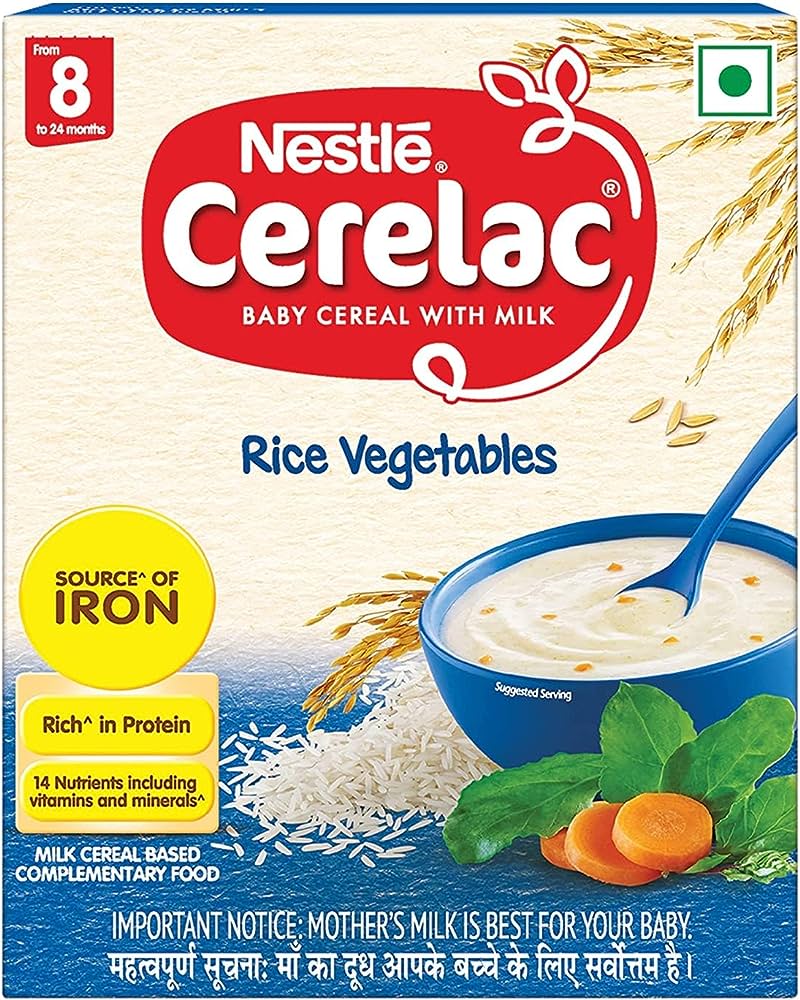Food Regulator Collecting Samples from Nestle:
- Concerns raised over extra sugar found in Nestle’s baby food products, posing a risk of heart disease.
- Government initiates investigation after reports emerge.
Investigation Process:
- Food Safety and Standards Authority of India (FSSAI) collecting samples of Nestle’s Cerelac baby food products.
- CEO of FSSAI, Ms. Kamala Vardhan Rao, states the process will take 15-20 days to complete.
Report Findings:
- Public Eye and International Baby Food Action Network (IBFAN) report indicates excessive sugar content in baby food products sold in Asian, African, and Latin American countries.
- Average sugar content per serving (1 serving ≈ 4 grams) found in baby foods across these regions.
Sugar Content by Country (per serving):
| Country | Sugar Content (grams) |
|---|---|
| Philippines | 7.3 |
| Nigeria | 6.8 |
| Senegal | 5.9 |
| Others | Varies |
- India: Nearly 3 grams of sugar per serving in most Nestle baby cereals; 24 grams total sugar content in 100 grams cereal for 6 to 24-month-old babies.
Accusations Against Nestle:
- Allegations suggest Nestle prioritizes highlighting vitamins, minerals, and other nutrients in its products but lacks transparency regarding sugar content.
- WHO guidelines recommend avoiding sugar or sweetened foods for children under 3 years.
Sugar Regulations in India:
- No upper limit on sugar content in baby foods in India.
- Regulatory bodies emphasize the need for essential nutrients like protein, fats, carbohydrates, and vitamins in baby foods.
Comparison with European Countries:
- Newborn baby milk powder sold in Europe typically contains around 2 grams of sugar per bottle.
- Products sold in European countries like Switzerland, Germany, UK, and France don’t contain added sugar.
Health Risks of Consuming Excessive Sugar:
- Increased risk of high blood pressure and heart disease.
- Elevated levels of bad cholesterol.
- Potential development of diabetes.
- Increased risk of Alzheimer’s disease.
- Dental cavities.
- Negative impact on mental health and memory.
- Weakening of white blood cells, leading to compromised immunity.
- Non-alcoholic fatty liver disease due to fat accumulation in the liver.
This format presents the information clearly and allows for easy comprehension of the issue and its implications.









Leave a Reply